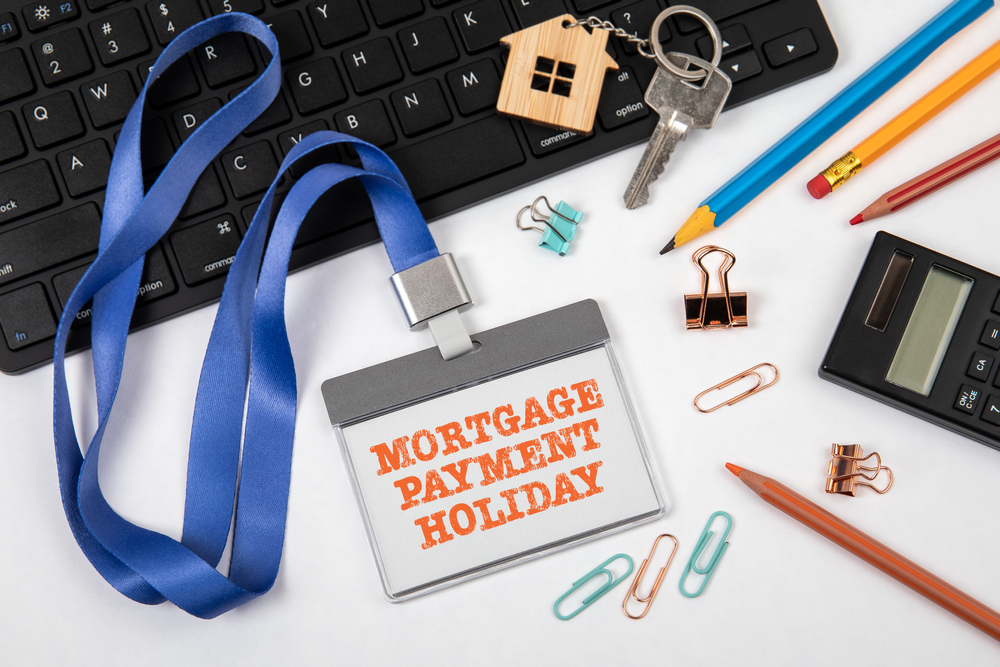Mortgage payment holidays have given more than 1.8 million people a financial lifeline during the pandemic but on Wednesday the support will end. Paul Stringer of Norton Finance offers advice for anyone who thinks they may need further help
 With the mortgage payment holiday deadline fast approaching, many people will be thinking about steps to take once the support ends.
With the mortgage payment holiday deadline fast approaching, many people will be thinking about steps to take once the support ends.
Customers can only apply for a further payment deferral up to the 31 March. After this only existing payment deferrals can run up until the 31 July. However, for those who are coming to the end of their payment holiday, and have concerns about meeting payments, there are options available.
Your lender will get in touch with you as you approach the end of the payment holiday to talk about options.
It is important to have an open conversation with your lender as they won’t be able to offer advice if they don’t know the full extent of a situation.
Also, repayments will begin again once your payment holiday ends so it is important to talk about your options.
If you won’t be able to make the repayments, there could be long standing implications. Remember, if you have taken out a payment holiday, repayments are likely to be higher than before as the payments missed will be added to your outstanding balance along with the interest
If you still feel you may struggle with your mortgage repayments after these dates, however, there are some things you can do…
Find out if you are eligible for a further three months’ holiday
If you have applied and are on a three-month payment holiday, you can apply for a further three months, up to the 31 March.
Be aware that you will be charged interest during the payment break and all deferrals must end by 31 July 2021.
Another point to note is that while the payment holidays will not be noted on your credit file, lenders are able to see if you have taken a payment holiday via other means when they are checking your viability for credit, which could impact your eligibility.
Tailored support
If you have taken the full six months of payment holidays, lenders should work with you and offer tailored support. This might include:
- Extending the term of your mortgage
If you have taken full advantage of the payment holidays your lender might agree to extending the term of your mortgage, i.e. you will pay less each month but over a longer period. Note, with this method you will likely end up paying more due to the additional interest.
- A further payment deferral
A further payment deferral might be offered in some instances. Again, interest is likely to continue being charged.
Generally, this interest will be added onto your mortgage and factored into repayments. Sometimes your monthly repayments will go up, or a lender will suggest you extend the length of your mortgage. Alternatively, you could pay the interest in a lump sum.
- Switch mortgage types
Another option could be to switch mortgage types, for example switching to an interest-only mortgage, which is where you only pay off the interest on the debt every month rather than repaying what you borrowed and the interest.
For the short term this could be a good option, over the long-term borrowers should be careful as the actual sum of what was borrowed will need to be paid by the end of the term.
- Reduce monthly repayments
A lender might offer to reduce your monthly repayments for a period of time if you are able to contribute to repayments in some way but are unable to do the full amount. Alternatively, lenders might work with you to come up with a revised payment plan.
It should be noted that any tailored help will be noted on your credit file and could impact your ability to get a loan in the future. However, it is always best to speak to your lender and discuss all your options.
Paul Stringer is director of the Norton Finance Group














